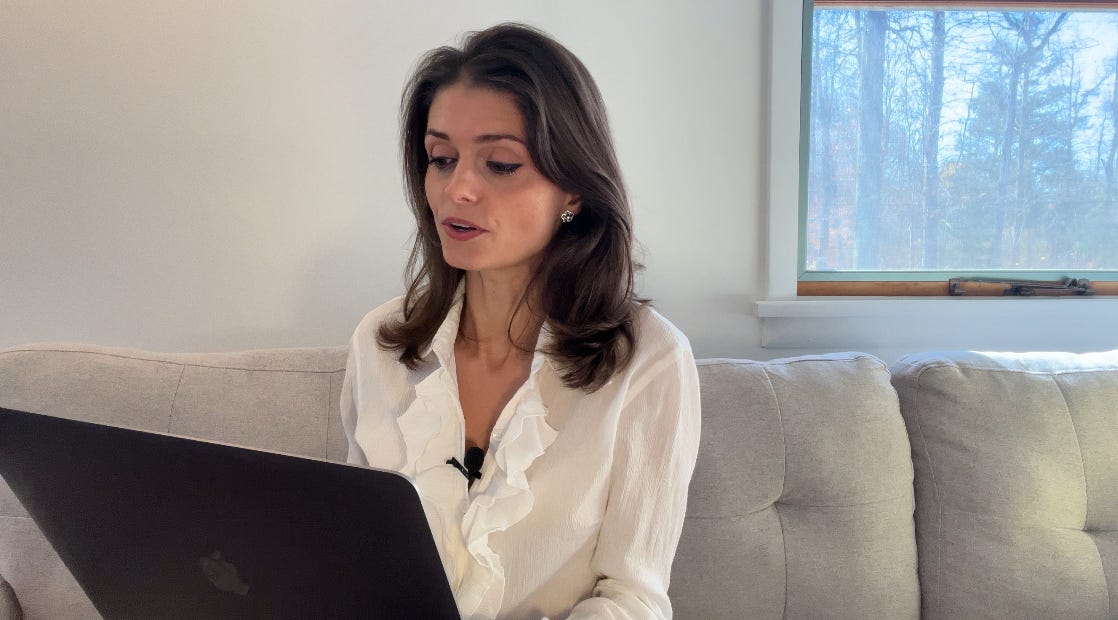Courage is Privilege
Dear Adventurous Soul,
I will never forget when he told me, “Courage is a privilege.”
It was a Wednesday afternoon. The Nigerian doctor was speaking of his father, Joshua, a pastor who lost an eye in a car accident. I had been tasked with piecing together his story—a life dedicated to service, and to his faith. His five children shared memories of their father, who left Nigeria for the U.S. at 47, to work as a nurse in a New York City jail. Every month, he sent money back home, enough to buy clothes and food for his children, and wife, whom he left behind.
What struck me most was how each of his children, despite their different paths, came together on time for our virtual interviews. They were polite, spoke of God, and carried their father’s values. One daughter cried, “I can’t imagine my father passing away.” I remember their father asking me if I was a Christian. “Yes, but not very religious,” I replied, though I wanted to add that I draw wisdom from many religions. “Are you married?” he asked. When I said no, he simply responded, “I will pray for you.” His wife called me “sister” and said, “We pray for you.”
He shared a Yoruba proverb I couldn’t fully recall afterward, but it resonated deeply. If you believe in something, it will happen. God has a way of ensuring so. As the Nigerian doctor talked about his work—developing a cure and treating people who had never known hardship—he looked at me thoughtfully. “It takes courage to do what you do,” he said, to travel, to do what I loved. I thought the same of him, finding a cure. The word “courage” sat differently with me than before.
Then I realized what he meant: courage is a privilege—it’s making the most of what you have and not letting it go to waste. Privilege is the freedom to move, to come and go, to speak and be heard. Privilege is not having to fear that your opinions or dreams will put you at risk.The world, with all its beauty, still holds places where women cannot own property, people go without clean water, and lives are at stake for simply having a voice. The blessing, I learned, is having the privilege to live with courage.
I wrote this story in the 1-3-1 Rule Structure Format
“In the first 1/3/1 sequence I am going to (very quickly) summarize a story, and in the second 1/3/1 sequence I am going to bring it back to the reader and explain to them the “takeaway.” — Excerpt From The Art & Business Of Ghostwriting: How To Make $10,000+ Per Month Writing For Other People Online by Nicolas Cage.
What I like about this format is that it allows the story to unfold with natural pacing, creating an engaging rhythm. The story begins with a powerful statement, uses the middle to provide context and narrative depth, and ends with a reflection that connects back to the initial idea. This approach makes the final message—seeing courage as a privilege—feel like a discovery rather than a moral, giving it a sense of authenticity.
In the upcoming newsletters, I’ll focus more on the art of writing—both for pleasure and for business—in the hope that you’ll find something tangible to brighten your day and make life a little easier
I’d love to hear your thoughts. Thank you for your patience as I work out the format for this newsletter.
With Love and Appreciation,
A
You can unsubscribe in one click.





So much gratitude for those privileges that seem so small unless they are gone. Well written, alice. I'd love to know how you met the Nigerian doctor